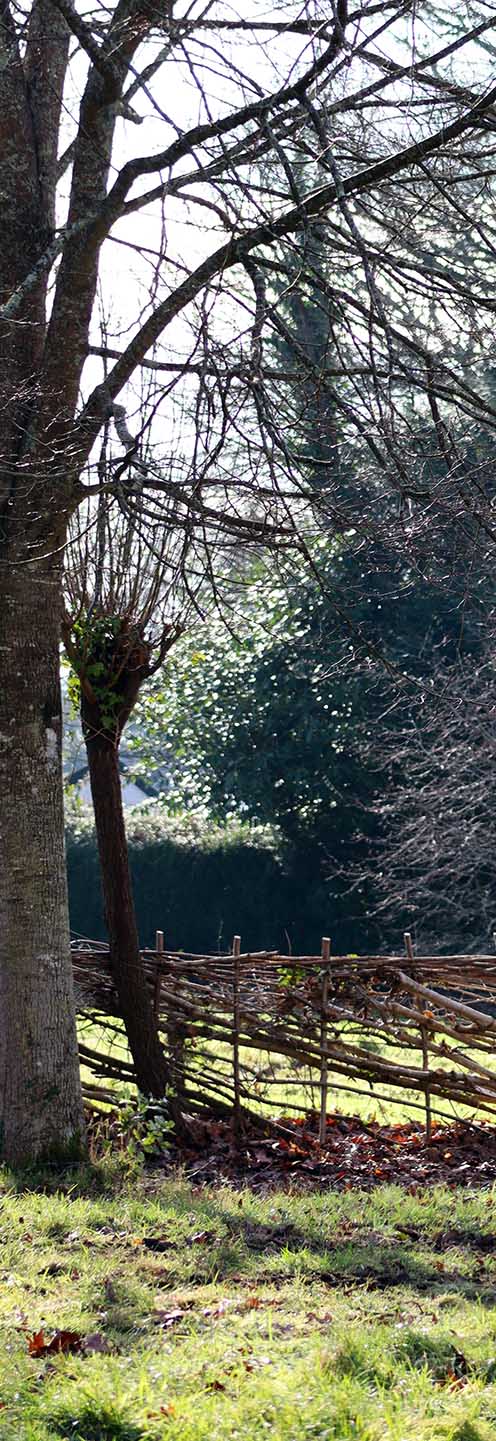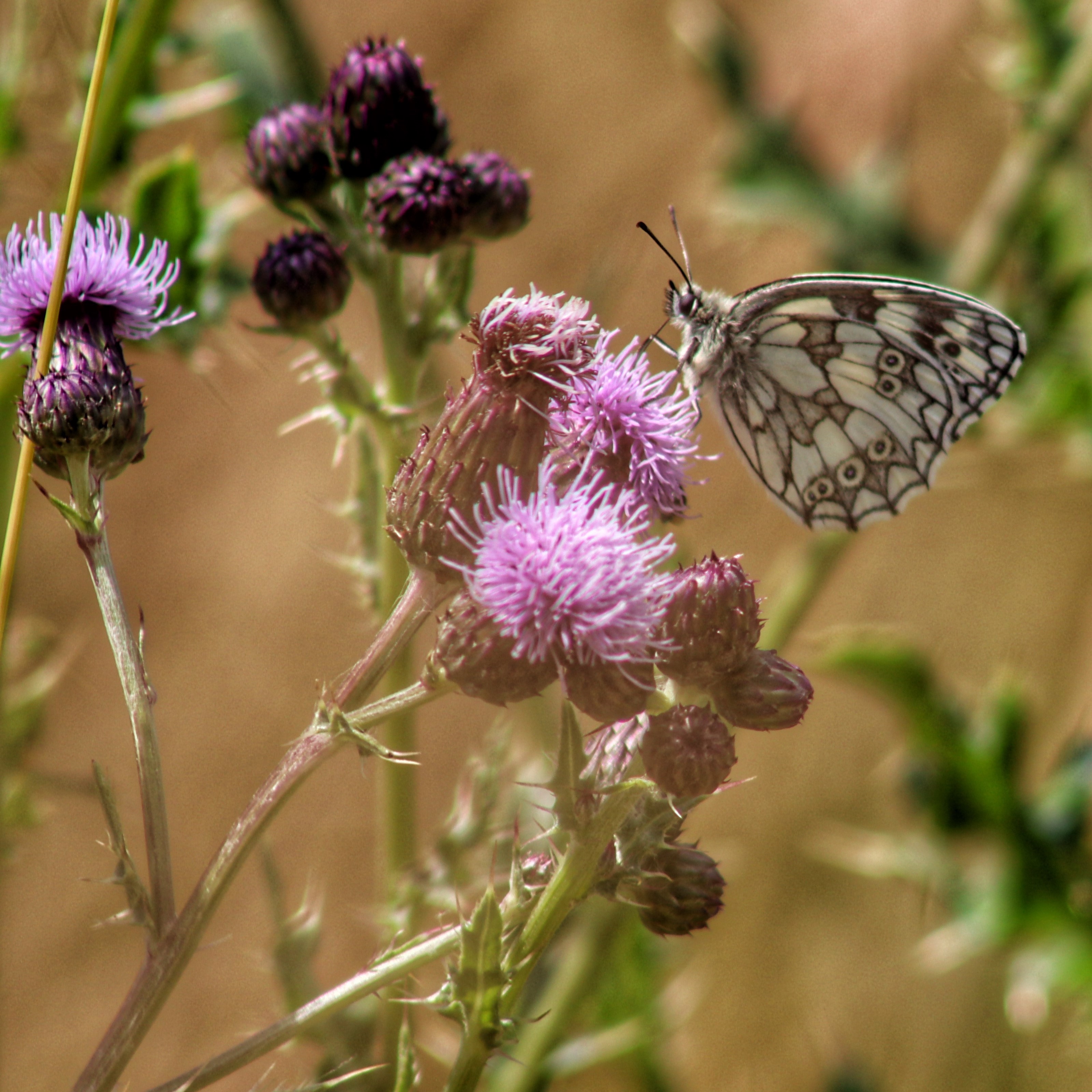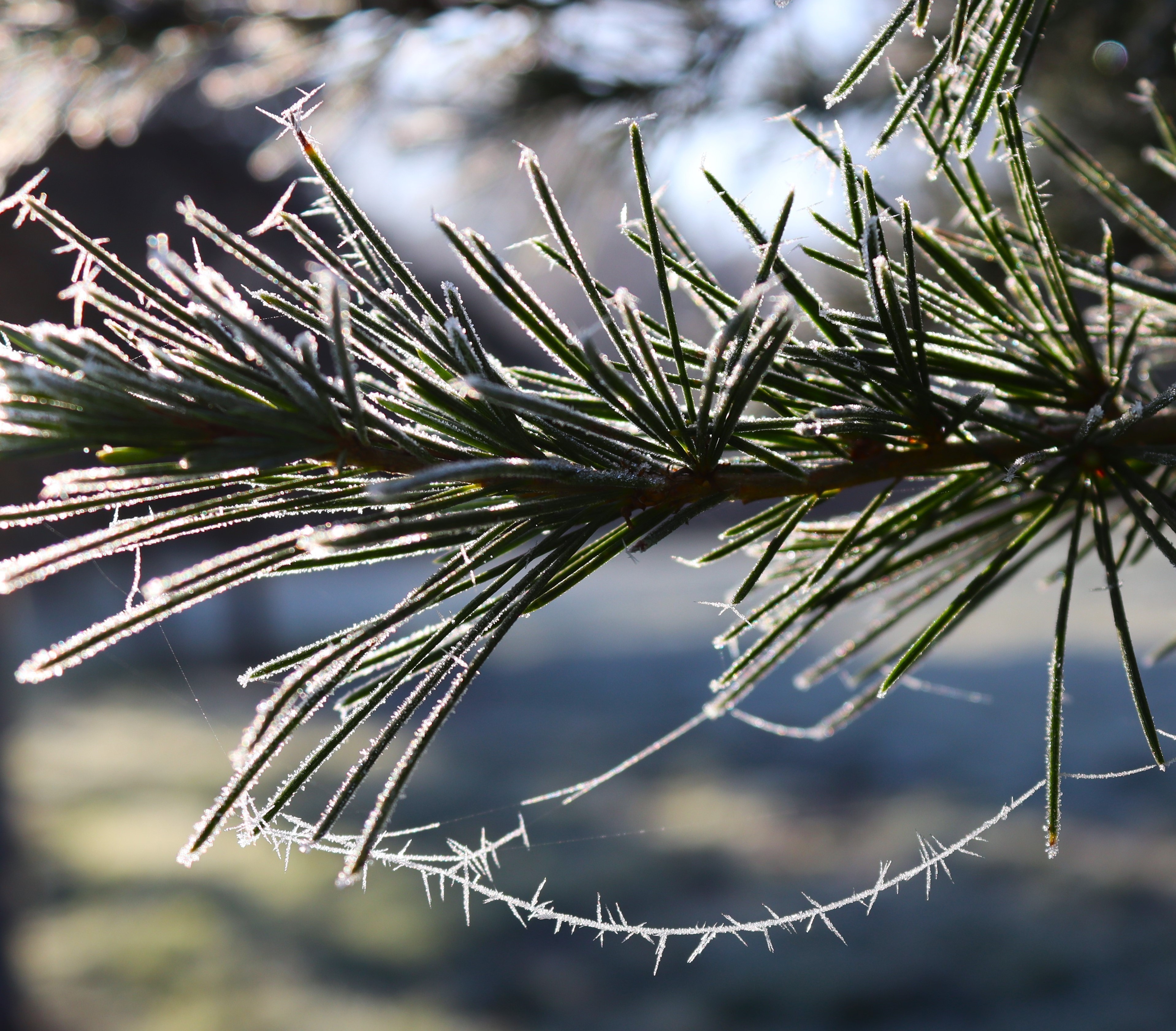We acknowledge the significance of our entire ecosystem and the vulnerable status of various wildlife species, particularly crucial pollinators like bees and butterflies, and native mammals such as hedgehogs.
Our Compost
A significant percentage of the UK’s peatlands have undergone degradation due to the destructive practices of peat extraction. Peatlands play a crucial role in biodiversity, providing a habitat for a wide range of rare species, including birds, reptiles and mammals. Furthermore, peatlands act as vital carbon stores, and when damaged, release the carbon which ultimately contributes to climate change.
To prioritise environmental sustainability, our container trees have been peat-free for many years. Instead, we utilise compost sustainably sourced from the UK, incorporating wood fibre, bark recycled coir and green matter. By adopting peat-free practices, we not only protect the environment, but microscopic life within healthy soil and compost. In particular, fungi, one of the most significant groups in the biological world, play a crucial role. Fungi form symbiotic relationships with the compost, exchanging nutrients for carbohydrates. These nutrients are essential in promoting the health and growth of our trees.
Contact Us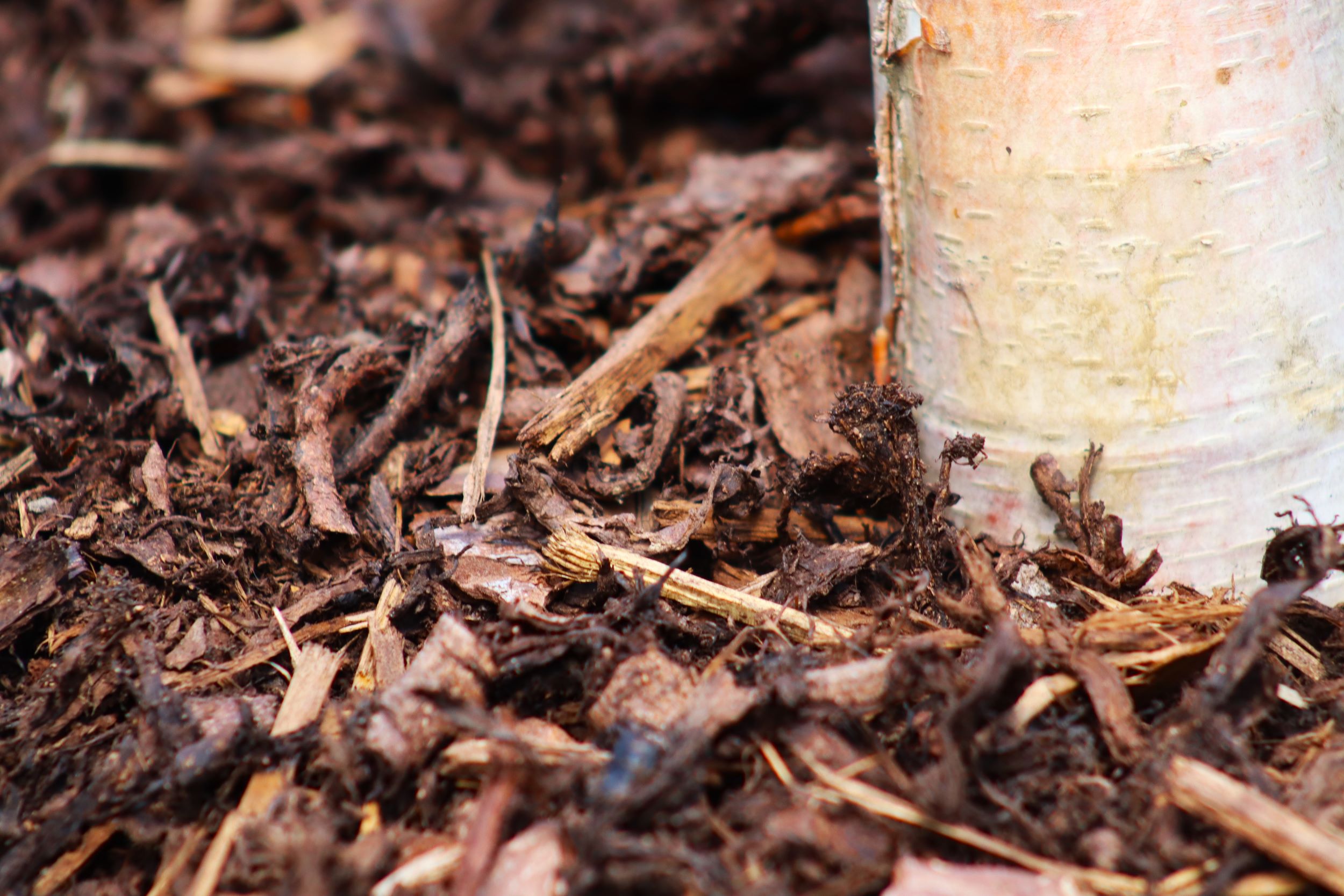
Our Reservoir
Utilising our reservoir for tree watering presents a superior environmental approach compared to using mains water. Our carefully implemented drip irrigation system ensures that our trees receive precisely the required amount of water without any runoff or wastage. This efficient method not only benefits the trees themselves, but also contributes to the overall well-being of surrounding wildlife.
Our reservoir serves as a thriving habitat for a diverse range of wildlife, including bees, butterflies, and various bird species. Its presence attracts these creatures, providing them with a suitable environment to flourish. Moreover, during the first half of the year, the area surrounding the reservoir burst with vibrant wildflowers, offering a colourful and enticing landscape. As the year progresses, the second half sees the emergence of different types of fungi, further enriching the biodiversity of the ecosystem.
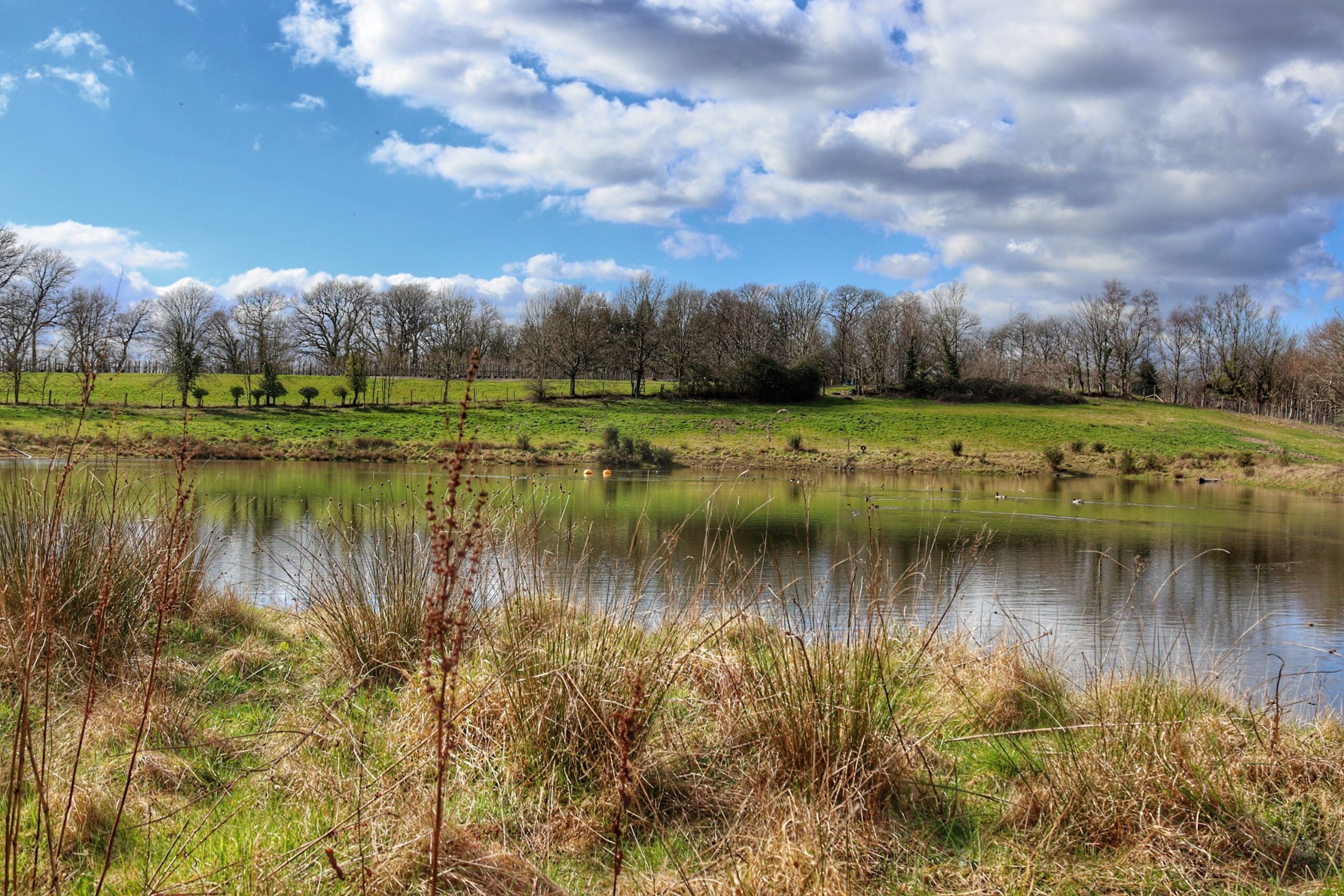
Reconnecting Nature: The Hampshire Hedge Project
The Hampshire Hedge Project is a wonderful initiative that aims to create a vital green corridor connecting the South Downs and the New Forest National Parks. Through the creation and connection of hedgerows, this project boosts biodiversity, tackles climate change, and bolsters rural economies. This corridor will weave through the heart of Hampshire parishes, linking woodlands, meadows, local nature reserves, and Sites of Special Scientific Interest (SSSIs).
In 2024, the Wednesday Conservation Volunteers (WCV) brought their expertise to Hillier’s container and contract-grown nursery, laying hedgerows as part of this project. This work, led by CPRE Hampshire, the countryside charity, underscores the importance of hedgerows in preserving the natural environment.
Why Hedgerows Matter
Hedgerows play a pivotal role in our ecosystems:
- Biodiversity Boosters: they provide habitats for countless species of wildlife.
- Agricultural Benefits: Acting as natural windbreaks, hedgerows protect crops and enhance soil health.
- Cultural and Economic Value: They are an integral part of the rural landscape, supporting local economies.
Despite their importance, the UK has lost half of its hedgerows since 1945. Restoring and expanding these green corridors is crucial for reversing this trend and addressing environmental challenges.
This transformative work wouldn’t be possible without the support of a dedicated network of funders, volunteers, and initiatives like Hedgerow Heroes and Hampshire Hedge. Their contributions are ensuring that existing trees and hedgerows on our nurseries are preserved and enhanced for future generations.
We express a heartfelt gratitude to all involved for their hard work and dedication to this vital cause. Learn more about how you can support the Hampshire Hedge Project and join the effort to create a greener, more connected landscape.
Learn more